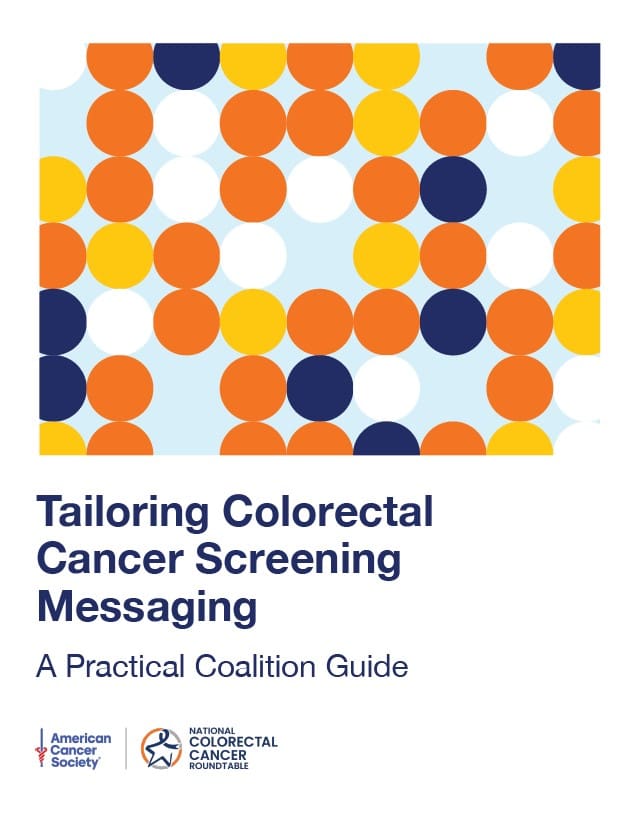500 Cities Project
The 500 Cities Project provides interactive, downloadable small-area estimates for 27 chronic disease risk factors, health outcomes, and clinical preventive service uses for city-level and census tract-level areas in the largest 500 cities in the United States, including colorectal cancer screening. These small-area estimates help cities and local health departments to better understand the burden and geographic distribution of health-related variables in their jurisdictions, and assist them in planning public health interventions.
Although limited data are available at the county and metropolitan levels, this project is the first-of-its kind to release data analysis information on a large scale for cities and for small areas within cities.
These high-quality, small-area epidemiologic data can be used both by individual cities and groups of cities as well as other stakeholders to help develop and implement effective and targeted prevention activities, identify emerging health problems, and establish and monitor key health objectives.
The 500 Cities project is a collaboration between the Centers for Disease Control and Prevention (CDC), the Robert Wood Johnson Foundation, and the CDC Foundation.
Evaluation: Small-area estimates were developed using a rigorous, peer-reviewed and validated methodology. Learn more in the Methodology section of the website.
Permissions: Made publicly available online by the Centers for Disease Control and Prevention, with content provided by the Division of Population Health, National Center for Chronic Disease Prevention and Health Promotion.
Publication date: 2017
Post date: September 20, 2017
Contact: Submit comments, questions, and suggestions via web form.
Explore More

2024 National Colorectal Cancer Awareness Month Webcast
The 2024 National Webcast celebrated national achievements and to hear the latest state of the field updates that inform the ACS NCCRT's work.

2023 Lead Time Messaging Guidebook
This Guidebook is intended to provide you with information and tools to motivate individuals at average and heightened risk for CRC to discuss screening prior to the recommended screening age. Our belief is that this will increase the likelihood that they will prioritize getting screened on-time for CRC.

Tailoring Colorectal Cancer Screening Messaging: A Practical Coalition Guide
This step-by-step guide is targeted at coalitions who are looking to make highly effective campaigns to increase colorectal cancer (CRC) screening rates in their communities, especially for those hardest to reach, illustrated by case studies.
